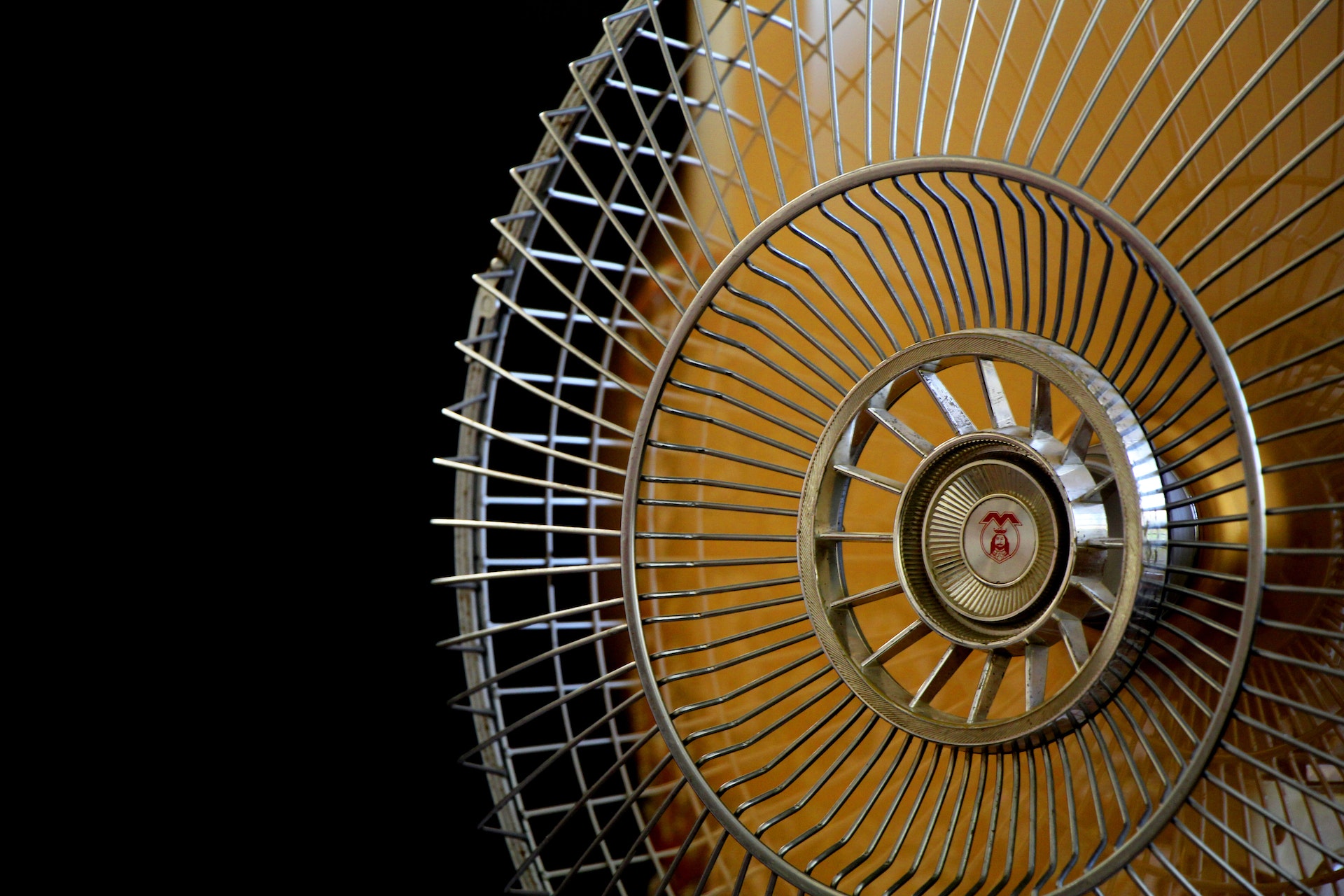The Long-Term Savings and Environmental Impact of HVAC Repair
As concerns about climate change and environmental sustainability grow, individuals and businesses are seeking ways to reduce their carbon footprint and contribute to a greener future. HVAC systems, being a significant consumer of energy, offer an opportunity to make a positive impact on both the environment and your finances. In this article, we’ll explore the long-term savings and environmental benefits of HVAC repair.
-
Energy Savings and Reduced Utility Bills:
One of the most tangible benefits of HVAC repair is the potential for significant energy savings. A well-maintained HVAC system operates more efficiently, consuming less energy to achieve the desired indoor temperature.
By addressing issues such as air leaks, faulty thermostats, or clogged filters, HVAC repair technicians can optimize your system’s performance. As a result, you’ll see a noticeable decrease in your monthly utility bills, translating to substantial long-term savings over the life of your HVAC system.
-
Extending the Lifespan of HVAC Equipment:
HVAC systems are complex and expensive pieces of equipment. Regular maintenance and timely repair help prolong their lifespan, ensuring that you get the most out of your investment.
When HVAC systems are left unrepaired, minor issues can escalate and lead to more significant problems. These larger issues may require costly replacements, pushing you to spend more money on new equipment sooner than expected. Avoiding this scenario through repair not only saves you money in the long run but also reduces waste by minimizing the need for premature replacements.
-
Environmental Impact and Reduced Carbon Footprint:
Energy consumption by HVAC systems is a significant contributor to greenhouse gas emissions, which are a major driver of climate change. By maintaining your HVAC system and keeping it in optimal condition, you reduce its energy consumption, thus lowering your carbon footprint.
Additionally, regular HVAC repair prevents refrigerant leaks. Refrigerants, such as hydrofluorocarbons (HFCs), are potent greenhouse gases that can leak from poorly maintained systems. By addressing leaks promptly, you contribute to the global effort to reduce greenhouse gas emissions and combat climate change.
-
Green HVAC Technology and Incentives:
In recent years, there has been a growing emphasis on green HVAC technology and practices. Many HVAC manufacturers are producing energy-efficient systems that use eco-friendly refrigerants and advanced technologies to minimize energy consumption.
Furthermore, several governments and organizations offer incentives and rebates for adopting green HVAC practices. By investing in HVAC repair and upgrading to more energy-efficient systems, you may be eligible for these financial incentives, which can further enhance your savings and encourage sustainable practices.
HVAC repair not only saves you money on energy bills and extends the lifespan of your equipment but also makes a positive impact on the environment. By reducing energy consumption and greenhouse gas emissions, you play a part in promoting a greener future. Embracing regular HVAC repair and adopting energy-efficient technologies is a win-win situation, benefiting your wallet and the planet. So, take action now and schedule that much-needed HVAC repair to reap the long-term savings and environmental rewards.





